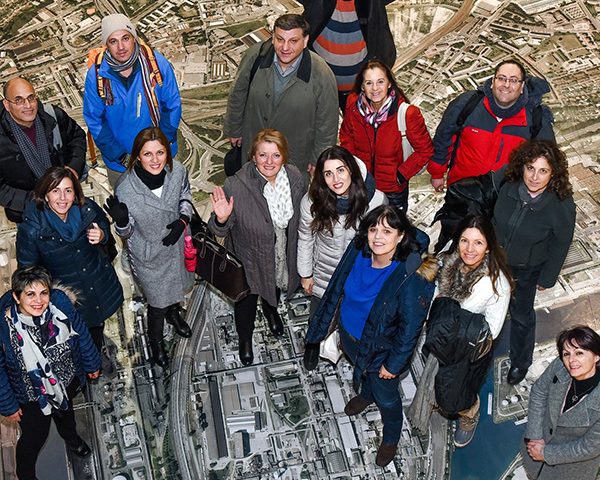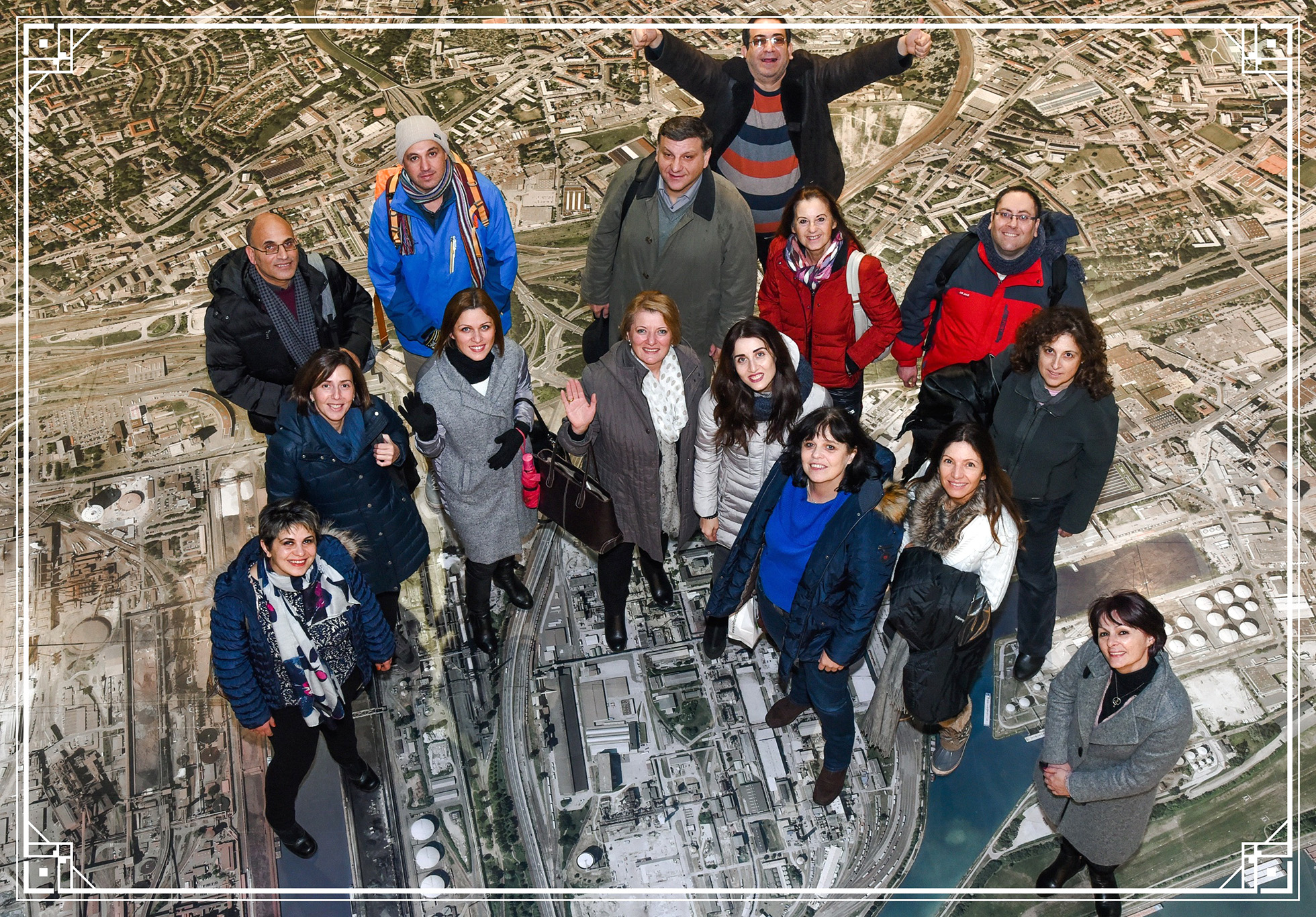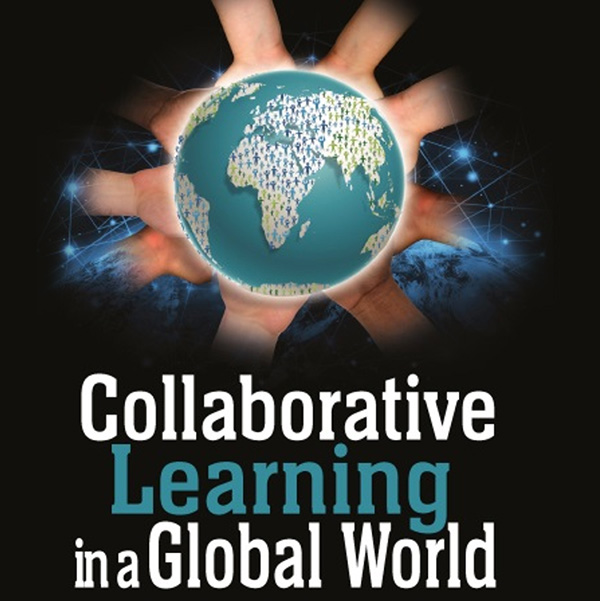Promoting Active Civic Education and Democracy in Teacher-training: A model from an ERASMUS+ project

Reorienting Teacher Educators Towards Sustainability
April 27, 2019
University-based teacher educators seen through the eyes of school-based teacher educators
May 11, 2019Promoting Active Civic Education and Democracy in Teacher-training: A model from an ERASMUS+ project

CURE is a curriculum reform program of an ERASMUS+ Capacity Building Project aimed to develop and promote Active Civic Education and Democracy in teacher training programs in Israel and in Georgia. The program’s selection was in July 2016 and officially began on October 15, 2016. Originally a 3-year-program, the program was extended until March 30, 2020 so that we could be able to complete our Special Mobility Strand which was delayed a whole year due to circumstances that were not in our control. Seventeen different institutions from six different countries are members of our consortium with around 60 faculty members and students participating actively in different parts of the program.
Visit our website to learn more about our program
I have the privilege of being the coordinator of CURE. Our program is innovative as it not only focuses on developing and implementing 5 different courses (that can be accessed through our website) but also through integrating innovative and engaged pedagogy within the content of teaching these courses. These pedagogical methods reflected the expertise of our European partners and include Value and Knowledge Education, Community/Service/Problem/Project Based Learning; Using of Public Spaces to promote community values; Integrating Technology and Pedagogy; and auto/biographical and narrative enquiry for active citizenship, sustainability and democratic sensibilities. These innovative pedagogical methods were not only “presented” in our consortium meetings, but most importantly, through the Special Mobility Strand, faculty members of our institutions were able to benefit from intensive training which provides them with the knowledge and skills to train others at their home institutions. Thus a whole program of “train the trainers” is set up with those faculty participating in the SMS program who have the skills to provide workshops and mentoring sessions to other members of their faculty.
CURE’s program is also innovative and dynamic with the creation of Centers for Social and Civic Involvement in our Israeli and Georgian Universities and Colleges which complement our courses. These centers are the “hub” of student activities which promote community involvement within and beyond the institute as well as raise the awareness of civic involvement within the student body as well as the whole institution. In addition to courses, SMS “train the trainer programs” and the creation of the Centers for Social and Civic Involvement, CURE’s program includes our special units or departments for continuing education for in-service teachers. Thus in-service teachers are receiving workshops which provide them with the knowledge and the tools to create “small civic clubs” and/or community activities in their own schools and classrooms. This program links our institutions to the community of schools in our region.
Being the coordinator of a program that involves a large consortium and number of participants is a challenging task. However, this task is shared through the “Culture of Collaboration” which reflects how the partners contribute to this program. This culture of collaboration is based on the principles of diversity management, which I have described in an earlier handbook (Sofer, 2015) and more recently in an upcoming journal publication (Sofer 2020). In CURE, the processes of diversity management which contribute to our achievements include empowering members of the consortium to take on leadership tasks and sharing these leadership tasks among competent and commitment members. It is also based on the process of promoting “collaborative” work in which members from different institutions and countries work together. CURE’s consortium is characterized by this “inclusive” manner of working together, in which all members have an active role and responsibility in the different and dynamic aspects of the program, from project design, course development, faculty training, integrating courses within the curriculum, teaching, community and civic activities and establishing the centers for Social and Civic Involvement and more. This “Culture of Collaboration” and support which I receive from CURE’s consortium provides me with the ability to coordinate such an exciting and special program.
CURE program has impacted and will continue to impact our institutions based on our cultural of collaboration and the process which empowers leadership in others. I want to end with a quote of Helen Keller which I believe reflects CURE’s consortium and our accomplishments:
Alone we can do so little; together we can do so much
- Helen Keller
I am looking forward to our CURE consortium “doing much” in this last year of the program.
References
Sofer, R (upcoming): Leadership Strategies for Successful Project Implementation. International Periodical Journal Education (2020)
Sofer, R. (2015). Tips for Coordinating an International Curriculum Reform Program for Higher Educational Institutions. Development of an international Model for Curriculum Reform in Multicultural Education and Cultural Diversity Training, DOIT.





